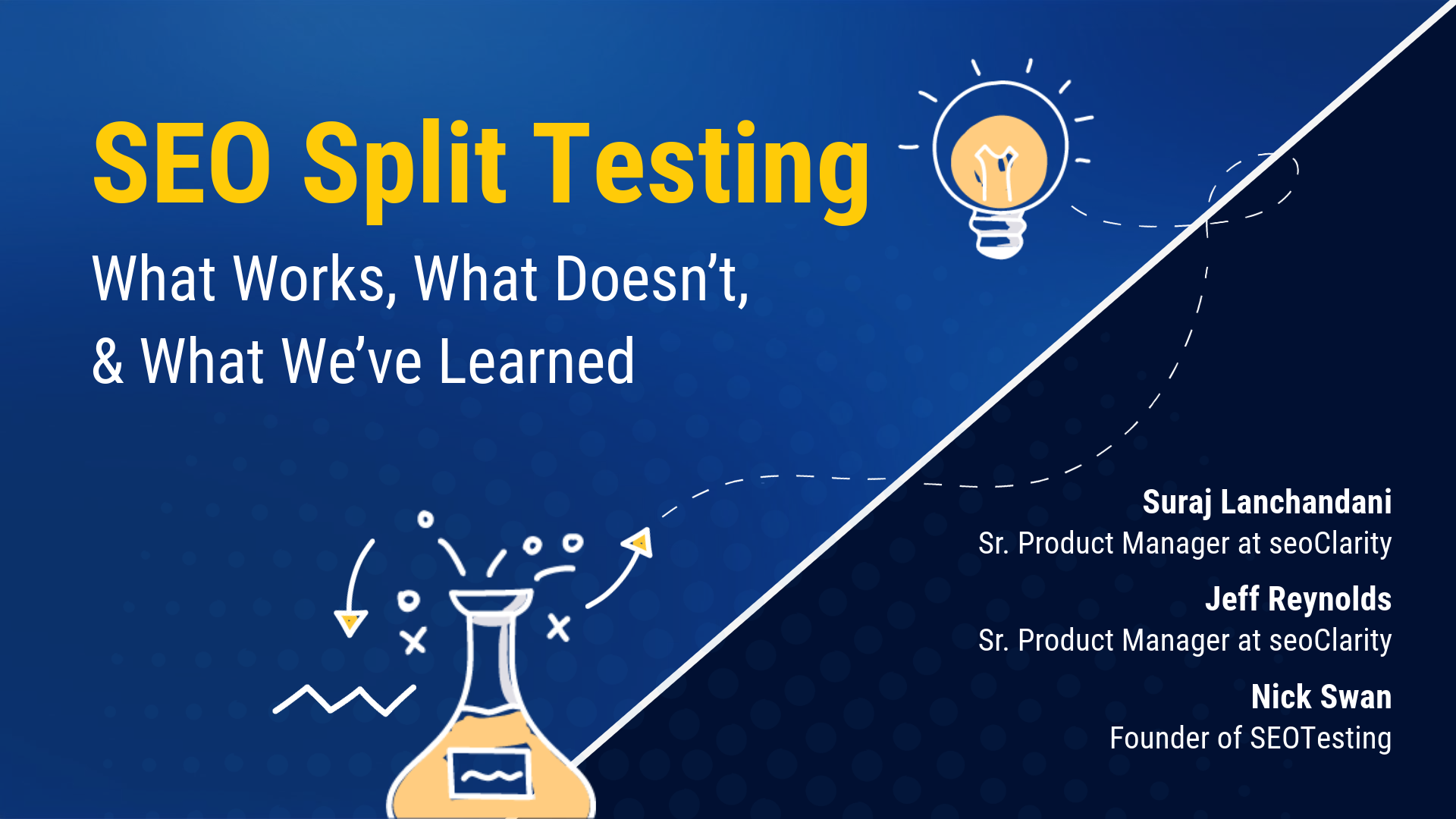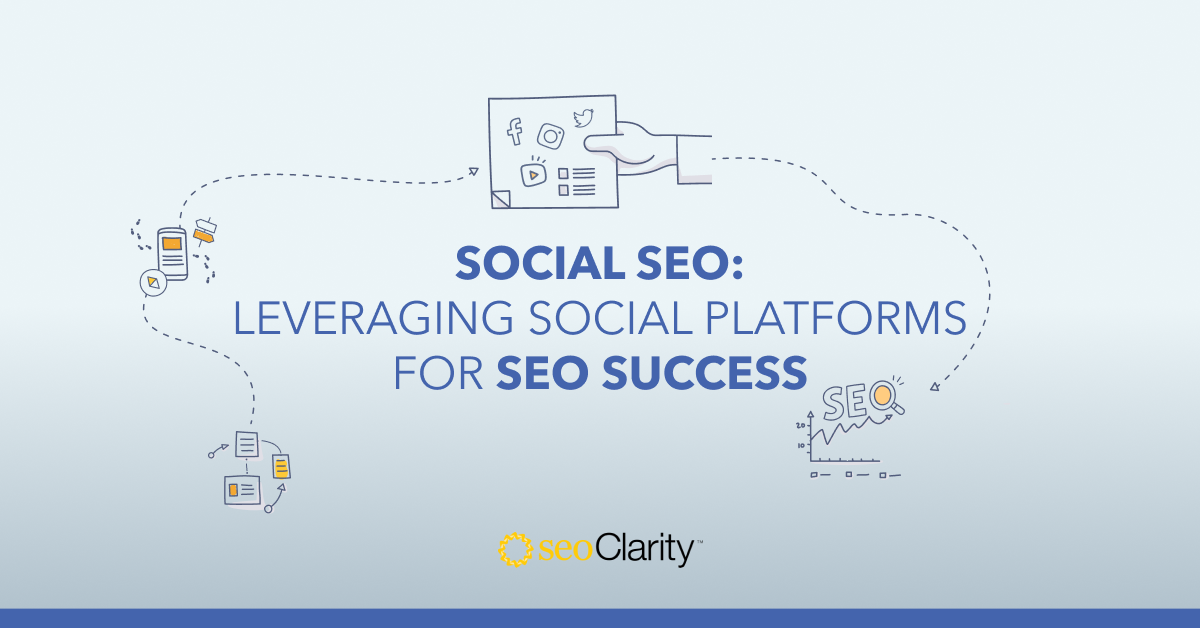AI search engines like OpenAI, Perplexity, and Gemini are redefining how users find and engage with information. Traditional SEO strategies—built for ranking in classic search results—no longer guarantee visibility in this new landscape.
To capitalize on this growing traffic opportunity, your brand and content must be cited, trusted, and surfaced by AI search engines.
Yet, most SEO tools weren’t designed for this shift.
In this guide, we break down the top platforms enabling teams to adapt. From tracking AI search visibility to optimizing content for generative results, you’ll find the top solutions to future-proof your SEO strategy—and stay ahead in the era of AI search.
Table of Contents:
Top 5 SEO Tools and Platforms for Optimizing For AI Search Engines
AI search engines are rewriting the rules of visibility—so which platforms can actually help you stay ahead? Below, we’ve broken down the top solutions, highlighting what each one offers and when you might consider using them.
seoClarity (that’s us!)
seoClarity offers the only end-to-end solution for optimizing visibility in AI search engines. Our advanced capabilities empower users to:
- Analyze Brand Visibility: Monitor how your brand is represented in AI-driven search results.
- Track AI Overviews: Identify when and where your content is referenced in Google’s AI Overviews.
- Uncover Audience Questions: Discover key industry questions and content gaps across thousands of topics.
- Optimize Content for AI Search: Build authoritative, connected content that aligns with how AI search engines evaluate and synthesize information.
- Track AI Bot Indexation: Ensure AI search engines can access, crawl, and index your content effectively.
Our platform also allows users to analyze referral traffic from AI search engines and measure the impact of AI-driven search on business performance.
With detailed indexation monitoring and AI-powered content optimization, seoClarity equips marketers with everything they need to stay ahead in the era of AI search.
RankBee
RankBee provides tools to measure and manage how AI search engines like ChatGPT, Gemini, Claude, and others represent your brand.
Features include:
- Reputation monitoring
- Quote detection
- AI visibility tracking
- Competitive analysis
This allows users to uncover actionable insights into brand performance, AI responses over time, and competitor performance across prompts.
The platform also supports enterprise capabilities such as API access and customizable search term coverage, allowing integration with broader marketing and analytics workflows.
Bonus: Check out our webinar in partnership with RankBee for real-world strategies to optimize your content for AI search.
Profound
Profound offers tools to monitor and analyze how brands appear in AI-generated responses.
The platform is designed to help users understand how their brand is being represented and to inform actions that may improve visibility and rankings within AI-generated content.
Its Answer Engine Insights feature allows users to track the frequency of brand mentions across AI search engines, analyze the content and context of those responses, and identify which sources or websites are being cited.
Additional features also provide the ability to uncover questions audiences ask AI, track when AI bots access your content, and uncover AI traffic insights.
RankScale.ai
RankScale.ai is a GEO (Generative Engine Optimization) tool focused on tracking, analyzing, and optimizing brand visibility within AI search engines like ChatGPT, Perplexity, and Google’s AI Overviews.
Capabilities include:
- Website audits
- Performance tracking
- Competitor benchmarking
- Citation analysis
It is designed for teams aiming to measure performance, assess visibility trends over time, and refine their presence within AI-driven search environments.
Semrush
Semrush includes functionality to monitor a domain’s visibility within AI-generated search results on Google through its support for Google’s AI Overviews.
Using capabilities like Position Tracking, Organic Research, and Keyword Overview, users can identify when their content is featured in AI Overviews and uncover how many keywords are ranking for the queried domain.
These insights help teams evaluate their presence in AI-influenced SERP features.
Common Questions About Optimizing for AI Search Engines
What is AI search, and how is it different from traditional search?
AI search engines use large language models to synthesize and generate responses rather than providing a list of links. Visibility depends on content authority, clarity, and contextual relevance. Most of these engines include citations or links to bring credibility to their responses.
Do traditional SEO metrics still matter?
Yes, but with nuance. While rankings, backlinks, and technical SEO still appear to play a role, AI search engines seem to prioritize content quality, completeness, and semantic relationships between topics. As we continue to learn more about what AI search engines look for, we will provide further updates on strategies to boost visibility in AI search results.
How can I tell if AI engines are using my content?
SEO platforms like seoClarity help track brand mentions, AI citations, and visibility in AI-generated answers.
Conclusion
As AI search engines continue to shape the future of digital discovery, SEO strategies must evolve accordingly.
Optimizing for AI search isn’t just about keywords—it's about creating authoritative, connected, and context-rich content that earns visibility in generative AI platforms.
While several tools are exploring this space, only seoClarity offers a full-spectrum solution designed specifically for enterprise SEO teams. From uncovering user intent to tracking indexation and brand visibility, seoClarity is built to future-proof your SEO in the AI age.
👉 See how seoClarity helps enterprises optimize for AI search—Request a Demo!








Comments
Currently, there are no comments. Be the first to post one!